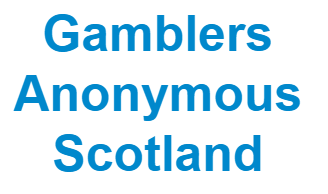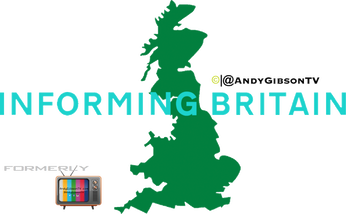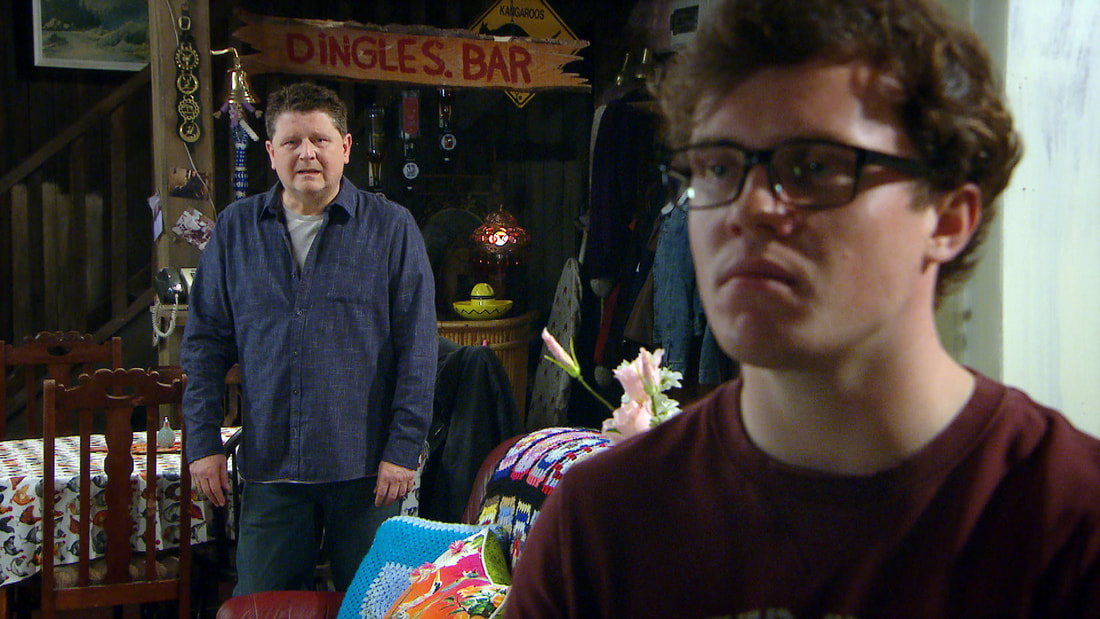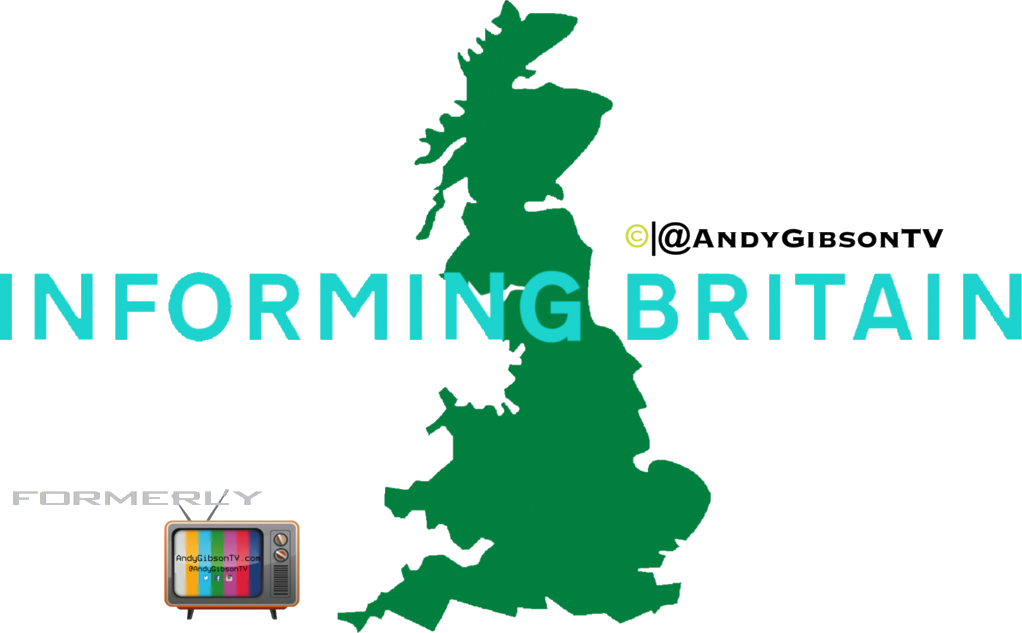Problem gambling is often defined by whether harm is experienced by the gambler or others, rather than by the gambler's behaviour.
Severe problem gambling may be diagnosed as clinical pathological gambling if the gambler meets certain criteria.
Pathological gambling is a common disorder that is associated with both social and family costs.
The most common instrument used to screen for "probable pathological gambling" behavior is the South Oaks Gambling Screen (SOGS) developed by Lesieur and Blume (1987) at the South Oaks Hospital in New York City.
In recent years the use of SOGS has declined due to a number of criticisms, including that it overestimates false positives (Battersby, Tolchard, Thomas & Esterman, 2002).
The DSM-IV diagnostic criteria presented as a checklist is an alternative to SOGS, it focuses on the psychological motivations underpinning problem gambling and was developed by the American Psychiatric Association.
It consists of ten diagnostic criteria.
One frequently used screening measure based upon the DSM-IV criteria is the National Opinion Research Center DSM Screen for Gambling Problems (NODS).
The Canadian Problem Gambling Inventory (CPGI) and the Victorian Gambling Screen (VGS) are newer assessment measures.
The Problem Gambling Severity Index, which focuses on the harms associated with problem gambling, is composed of nine items from the longer CPGI.
The VGS is also harm based and includes 15 items.
The VGS has proven validity and reliability in population studies as well as Adolescents and clinic gamblers.

The only requirement for membership is a desire to stop gambling.
There are no dues or fees for Gamblers Anonymous membership.
Gamblers Anonymous Scotland is not allied with any sector, denomination, politics, organisation or institution; does not wish to engage in any controversy; neither endorses nor opposes any cause.
Gamblers Anonymous Scotland primary purpose is to stop gambling and to help other compulsive gamblers do the same.

GamCare offer a wide menu of free, flexible and confidential support to those affected by gambling problems, as well as a range of training, outreach and risk reduction programmes across England, Scotland, Wales and now Northern Ireland (with GamCare's youth outreach programme).
GamCare can provide free training for your team/s to assist in identifying people who may be experiencing gambling-related harms, provide structured brief interventions and refer into the most appropriate support services.



 RSS Feed
RSS Feed
